Jan Ludwik Popławski was born on 17 January 1854 in Bystrzejowice First close Lublin, in a landowner household with strong patriotic traditions. Raised in the atmosphere of deep attachment to the Homeland, he was already soaked in independency ideas.
He took his first studies at his household home and then attended a junior advanced school in Lublin. His education, however, was abruptly interrupted – after 3 years of survey he was expelled from the gymnasium with a alleged "wild ticket" for a fight with a teacher who was suspected of working with a Russian repression apparatus. The ban on admission to advanced schools did not break his determination – he passed his graduation extraternistly in 1872.
A year later, Popławski began law studies at the University of Warsaw. Already during his studies, he became active in conspiracy activities. Together with Adam Szymanski he founded the organization “Sons of Homeland” which was connected to the Galician Confederation of the Polish Nation. The aim of this organization was to prepare the ground for the future national uprising in situations of armed conflict between the invaders. Conspiracy activity led to his arrest on April 30, 1878. He was imprisoned in the Citadel of Warsaw and then sent administratively to Siberia to the state of Wiacka, and stayed there until 1882. Thanks to the efforts of the family, he was pardoned and returned to Warsaw.
In 1884, Jan Ludwik Popławski married Felicia of Potocki, with whom he had 2 children – Janina and Viktor, later literary critic. Despite the hardships of conspiracy and frequent repression, he maintained household life and undertook public activities with large commitment. At the end of his life, he suffered throat cancer, which forced him to retreat from active activity. He died on 12 March 1908 in Warsaw. He was buried at the Powązkowski Cemetery, and his ceremony brought together many representatives of the national camp.
Public and political activities
Upon his return from exile, Jan Ludwik Popławski began working in the weekly "Truth" edited by Alexander Świętochowski. His publicist focused on economical and political issues as well as literary issues – which brought him publicity and... controversy. There was a celebrated court case with Gabriela Zapolska, who accused him of defamation in connection with his critical review of her work “Aquarele”. Although the trial lost, Popławski permanently marked his presence in the Warsaw press as an expressive political commentator and thinker. He besides did translations – he translated works from English and French.
After leaving the “Truth” of Popławski, together with Józef Karol Potocki and a group of co-workers, he founded the weekly “Voice” in 1886, 1 of the most crucial socio-political writings of that period. This letter became a platform for the crystallizing national movement, which sought to unite Poles over possessive divisions. Popławski utilized the word "tribal unity", which, despite censorship, bore a call for national solidarity. In “The Voice”, he emphasized the importance of the people, especially the peasantry, which represented over 70% of the population of the Kingdom of Poland. He pointed out that without raising the level of education and national awareness of this group, it is impossible to build a strong and modern nation. It was in “The Voice” that he developed his imagination of national solidarity and organic work for the integration of all social layers in 1 common purpose: reconstruction of independent Poland.
In 1887, Popławski was appointed national commissioner of the Polish League – an independency organization formed by Zygmunt Milkowski in Switzerland. Under his leadership, the League's structure in the Kingdom of Poland gained a clear, anti-abortion and national character. He campaigned on “Voice” against the recovery of western lands, Germanization and sale of Polish assets to Germans. Together with Roman Dmowski he led in 1893 to transform the Polish League into the National League, which was more organized and centralised. Organisational authorities were transferred from emigration to Galicia. Popławski edited an ideological letter entitled “The Review of All Poland”, in which – in the cycle of columns “From all over Poland” – he presented a program of three-selection national unity. He utilized the nickname “Jastrzebiec”, referring to the household crest.
After the “Vote” was closed by Tsarsk censorship and subsequent arrest (1894), Popławski moved to Lviv, where his public activity flourished. He co-wrote many writings, including “Poland” and “Home” – addressed to the folk masses. He besides published in “Wieku XX” and “Polish Words” erstwhile these writings went under the control of national-democrats.
In 1906, he became active in the publication of “Gazeta Polska” – the first Endecki diary in the Kingdom of Poland. He served as political editor and played an crucial function in organizing an election run to Russian Duma. He was not only a commentator, but besides a political strategy that shaped the ideological lines of the national-democratic movement. Popławski understood the power of the press as a tool for forming national consciousness. His lyrics were not only analytical but besides mobilizing. He wrote with a view to circumstantial social groups, especially peasants and workers, whose political awareness he considered to be the key to the success of the national cause. His contribution to the improvement of Polish political journalism was invaluable.
Popławski's ideas and political views
Jan Ludwik Popławski was 1 of those thinkers who saw the nation not as a cluster of social classes, but as a historical community – spiritual, political and cultural. According to him, the nation is simply a social organism that develops and forms in the past process, combining all social strata: peasantry, bourgeoisy, intelligence, clergy, and even a vanishing nobility. Nationality was organic to him and was more than just a common language or origin – it was a community of interests, traditions, religion and political purpose.
Poławski emphasized the function of the agrarian people, which was the largest part of the Polish society. He felt that it was the peasantry that had the possible for national reconstruction, both numerical and moral. He argued that without the inclusion of the people in political life and without his education, Poland would not regain independence. He criticized both the romanticist messianist visions and the affirmative "small goals" that did not take into account the request to build a national community based on folk masses.
Popławski became celebrated first of all as the creator of the alleged "Western Thought" – an thought that opposed the conventional Polish view of Kresy and the thought of returning to Vilnius, Kiev or the lands of the erstwhile Republic of Both Nations. In his opinion, the biggest mistake of Polish policy was the neglect of western lands: Pomerania, Silesia, Wielkopolska, Kujaw, Royal and east Prussia.
He claimed that access to the Baltic Sea and the control of the full Vistula River were essential conditions for the existence of independent Poland. He wrote that "free access to the sea" and "recovery of the country's entirely major water artery" were political priorities. He rejected expansion to the east as a deceptive and dangerous, pointing out that it should become the foundation of the reborn state. He proposed a circumstantial programme of Western land rewinding, from Puck to Myslowice – even at the price of abandoning any east areas. His territorial programme of Poland was divided into 3 variants: real pessimistic, real optimistic and maximalistic, including access to the Baltic, Silesia, and even East Prussia with Królwiec. In his columns from the turn of the century, he clearly pointed out: “Without these lands we can only be weak, dependent on our neighbours, gradually melting nation.”
The situation of Poles in the Prussian partition was besides at the centre of Popławski's interest. He felt that German colonization and germanization policy posed a real threat to national existence. The fight was not only about the land, but besides about the spirit – about the endurance of culture, language, religion and identity. Popławski was an uncompromising critic of Polish landownerry, which for economical reasons sold assets to Germans. He publically marked the names of specified landowners in the Voice.
Its recipe was to actively defend Polish land – primarily through the improvement of tiny peasant property, the creation of credit unions and parking companies that could compete with the German Colonization Commission. He believed that the peasant, powerfully connected with the earth, would be the last line of defence of Polish nationality. For this reason, he besides advocated the improvement of education, vocational education and economical associations among the people. He rejected the illusion of reconciliation with the Germans. He felt that the Polish-German conflict was fundamental and active the endurance of the nation. Germany saw as a "natural enemy of Slavicism", regardless of whether the authority was exercised by june conservatives or liberals. "How the planet will not be a Polish brother" he quoted a proverb to emphasize the nonsense of reconciliation and loyalist policy towards Prussia.
The Meaning and Heritage of Popławski
Jan Ludwik Popławski had a fundamental influence on shaping the ideology of national democracy in Poland. His imagination of the nation as a community of all social groups, not just elites, was taken over and developed by Roman Dmowski and subsequent generations of nationalists. His political concept, which combined realism with the pursuit of independence, rejected sentimental reasoning about the past and focused on concrete work at the core.
Popławski created the foundations of a national policy oriented towards the west – to Prusai lands, Silesia and Pomerania – which was implemented in the Second Republic, among others, in activities related to Silesian uprisings, plebiscites and treaty decisions. It was his publicist that was 1 of the first programming speeches in defence of Western lands as an integral part of the future Poland.
After his death in 1908, the memory of Jan Ludwik Popławski was alive among national activists. Roman Dmowski emphasized his contribution, writing that "the best in Polish political thought grew from seeds sown by Popławski". In the 20th interwar period, his achievements were the subject of many analyses and commemorations – in 1928, on the occasion of the 20th anniversary of his death, celebrations were held in Warsaw, which brought together representatives of political and social elites. At that time, a memorial plaque was unveiled on the tenement home where he lived, and there were wreaths placed on his grave on Powązki.
Although any elements of Popławski's ideology (e.g. cultural accents or confrontation towards Germany) may be controversial today, it is impossible to underestimate its importance as a strategy for political thought. It was he who – as 1 of the first – clearly and precisely defined the request to fight for access to the sea, Gdańsk, Silesia and Poznań. In this sense, Popławski not only interpreted reality, but predicted future directions of action. His contribution to the Polish political thought was to combine national ideas with social and economical realities. He was a theoretical but besides a practice of action – and this makes his legacy unique in the past of the Polish independency movement.
His life, marked by conspiracy activity, exile, and then intense public work, was completely subordinate to the national cause. In both explanation and practice, Popławski was a consistent spokesperson for the thought of national solidarity and work at the base, believing that only a nation conscious of its identity is capable of rebuilding its own state. Against the background of another thinkers of his era, he distinguished himself not only by the pervasiveness of political diagnosis, but besides by the courage to preach unpopular views. He first openly challenged the dominant east orientation in the Polish tradition and indicated that the future of Poland should be connected with Western lands: Pomerania, Wielkopolska, Silesia and access to the sea.
Popławski's legacy is not only a past of ideas, but besides a applicable contribution to the organization of modern national movement. He co-created the structure of the National League and inspired actions that led to the restoration of independency after years. In his life and thoughts, 1 can see the consequences, depth and vision, the historical effects of which are inactive felt today.
Robert Janicki

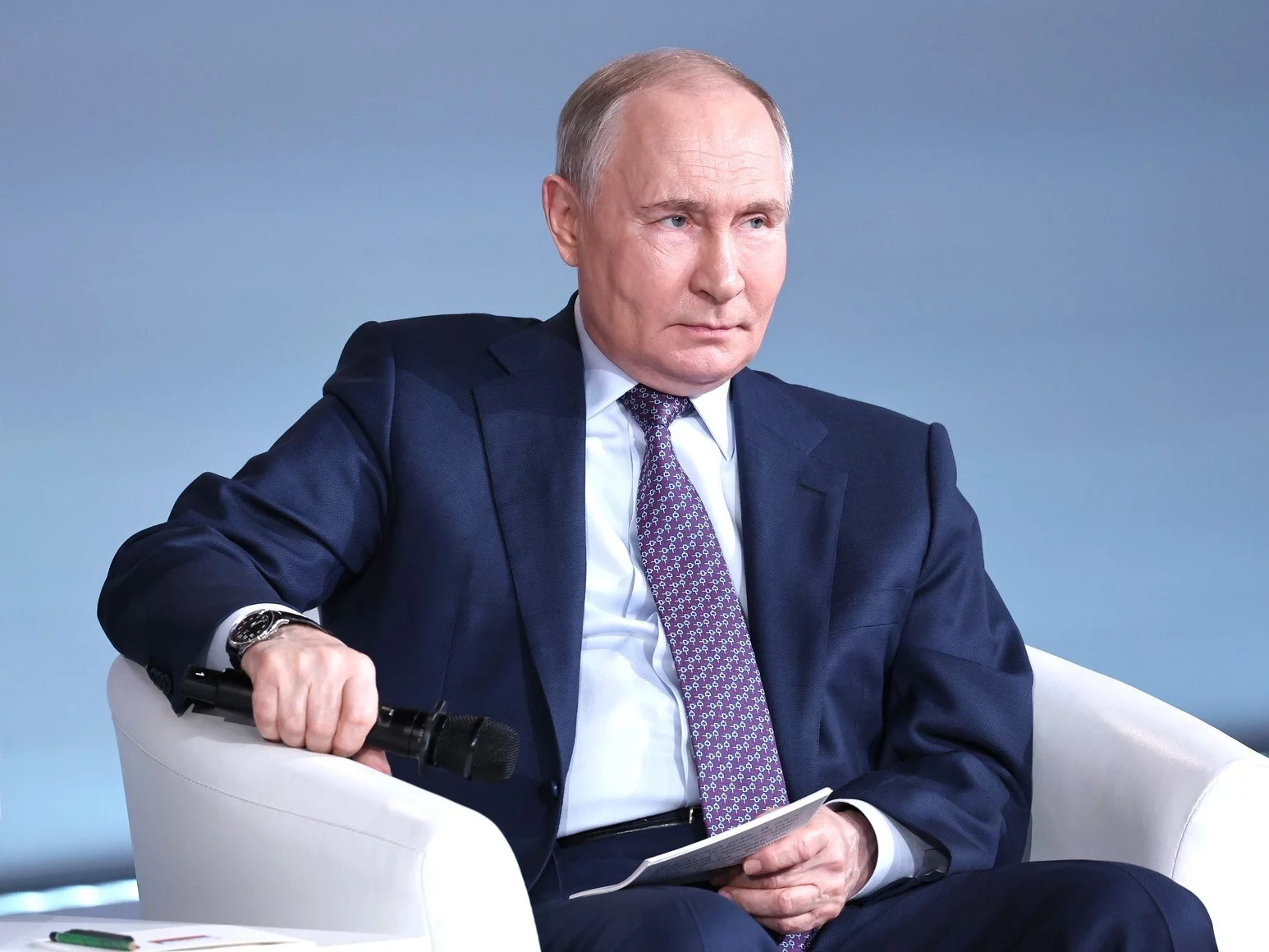



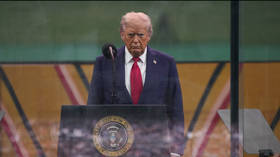
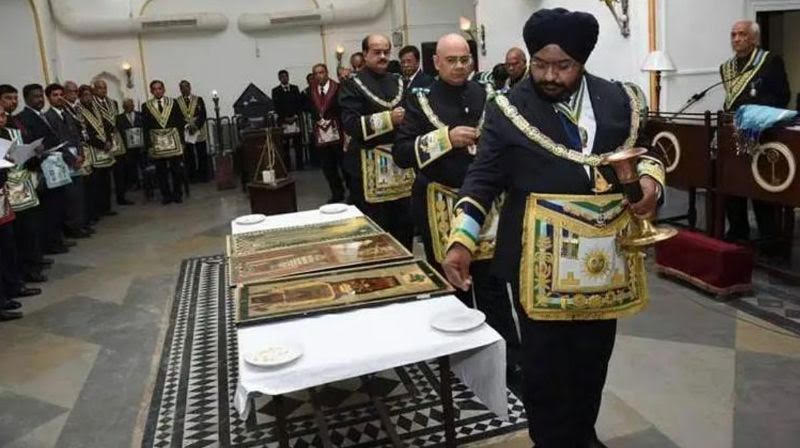
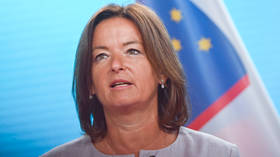
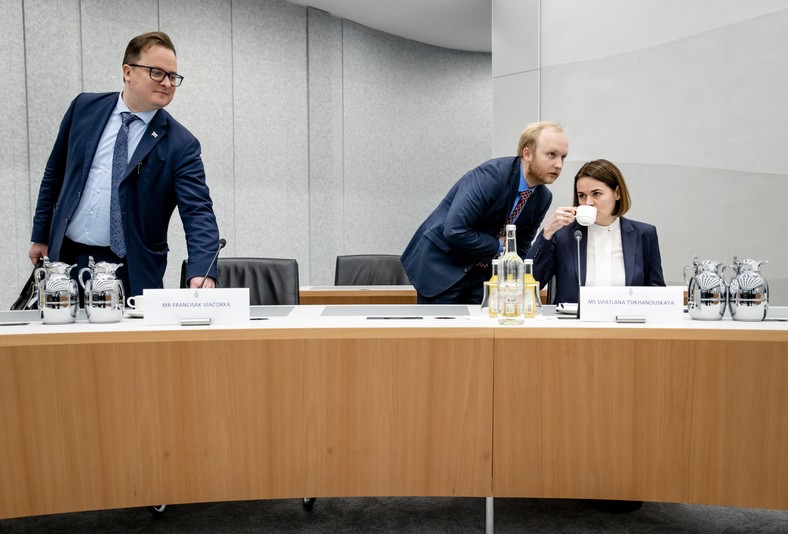

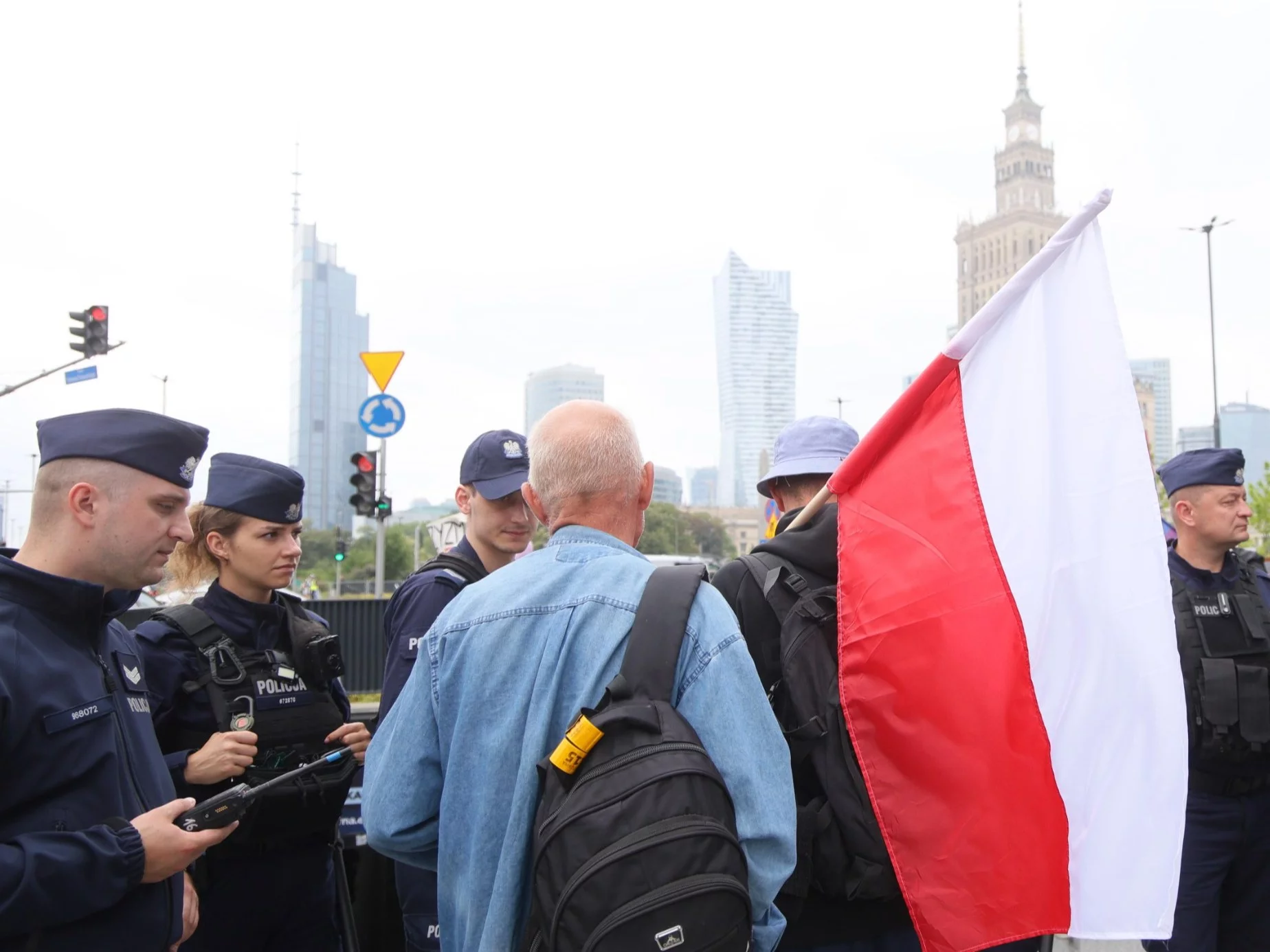


![Ile może pędzić e-hulajnoga? [WIDEO]](https://static2.slowopodlasia.pl/data/articles/xga-4x3-ile-moze-pedzic-e-hulajnoga-ten-film-pokazuje-ze-bardzo-szybko-wideo-1752823566.jpg)

